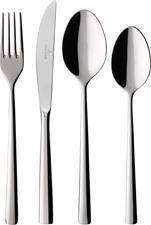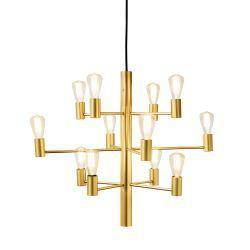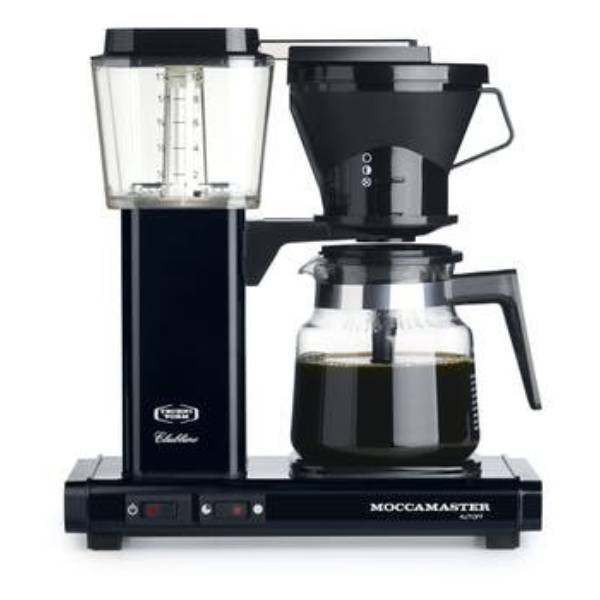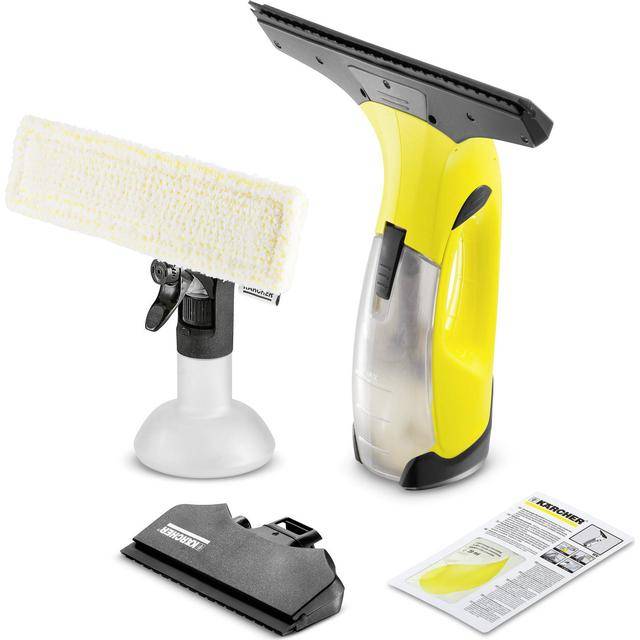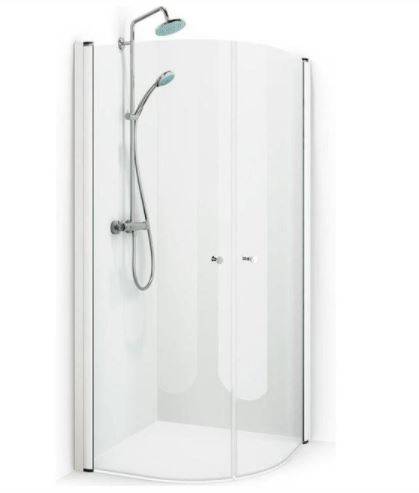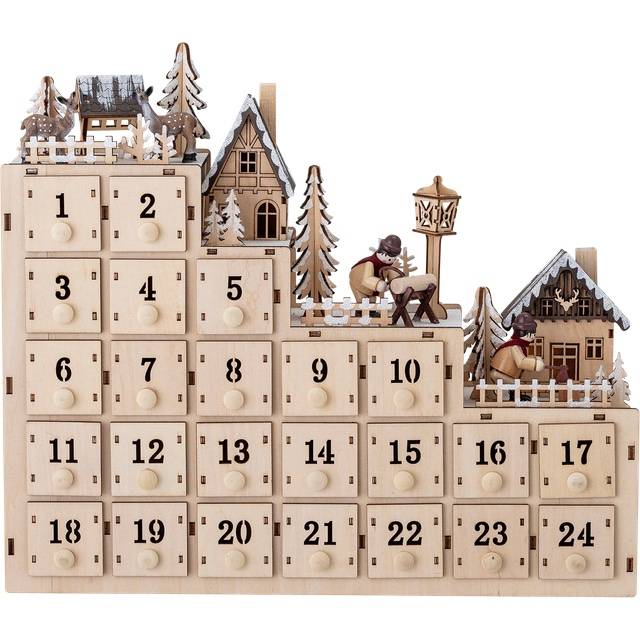Blenders
Blowtorches
Breadmakers
Coffee Grinders
Coffee Makers
Deep fryers & Airfryers
Food Cookers
Food Dehydrators
Food Mixers & Food Processors
Hand Blenders
Hand Mixers
Ice Cream Makers
Ice Makers
Juicers
Kettles
Kitchen Scales
Meat Slicers
Mincers
Mini Choppers & Spiralisers
Other Kitchen Appliances
Pasta Makers
Popcorn Makers
Sandwich Toasters
Soft Drink Makers
Toasters
Vacuum Sealers
Waffle Makers
Cement Mixers
Try flexible payments withLearn how
100+ products

Dewalt DCD240N-XJ Solo
Cement Mixer, Battery

Sealey Cmx160 650W Cement Mixer With Stand
Cement Mixer

Sealey CMX125 550W Cement Mixer 125L
Cement Mixer

Makita UT1400 Paddle
Cement Mixer
Cement Mixers: 3 things to consider before buying
When choosing a cement mixer, it's essential to consider the drum capacity. This determines how much concrete you can mix at one time. For small DIY projects, a mixer with a drum capacity of around 60-90 litres might suffice. However, for larger tasks or professional use, look for mixers with a capacity of 120 litres or more. A larger drum means fewer batches and less time spent mixing, making your work more efficient.
The motor power of a cement mixer affects its performance and efficiency. Mixers with higher motor power can handle heavier loads and mix thicker materials more effectively. If you're working on demanding projects or using denser materials, opt for mixers with at least 0.5 horsepower (HP). For lighter tasks, a motor with less power may be adequate. Always ensure the motor is robust enough to meet your project's requirements.
Portability is crucial if you need to move your cement mixer between different sites or around your workspace. Look for features like sturdy wheels and a well-designed handle that make transportation easier. Some models also offer foldable frames or detachable drums for added convenience. If space is limited in your storage area, consider compact designs that don't compromise on performance but save on space.
FAQ
Cement mixers are machines used to mix cement, sand, and water to create concrete. They ensure the mixture is even and ready for application. When choosing a cement mixer, consider the drum capacity and power source, as these affect the volume of concrete you can produce and where you can use it.
Choosing the right cement mixer involves considering your project size, frequency of use, and power needs. Assess whether an electric or petrol-powered mixer suits your site conditions. Drum capacity is crucial; larger projects require bigger drums to mix more concrete at once.
Cement mixers should have sturdy construction, easy maneuverability, and efficient mixing capabilities. Look for durable materials like steel drums and wheels for transport. Consider ease of cleaning and maintenance to ensure longevity and consistent performance.
Drum capacity in cement mixers determines how much concrete can be mixed at one time. Larger capacities mean fewer batches are needed for big projects, saving time. However, ensure your mixer fits your workspace and power supply requirements when selecting drum size.
Electric cement mixers are ideal for indoor or small-scale projects due to their quiet operation and ease of use. Petrol mixers provide more power and mobility, making them suitable for large outdoor sites without easy access to electricity. Choose based on your project's location and scale.
You’ve viewed 47 out of 163 products
Advertisement
Popular searches in Cement Mixers
- Cordless staple gun
- Dewalt multi tool
- Oscillating multi tool
- Dewalt cordless multi tool
- 2nd fix nail gun
- Makita multi tool 18v
- Hikoki nail
- Dewalt first fix nail gun
- First fix nail gun
- Dewalt 18v battery
- Dewalt second fix
- Spray fence
- Brad nail gun
- Makita cordless router
- Wagner sprayer
- Makita 18v planer
- Dewalt planer
- Dremel 4250
- Makita inflator
- Pin gun
